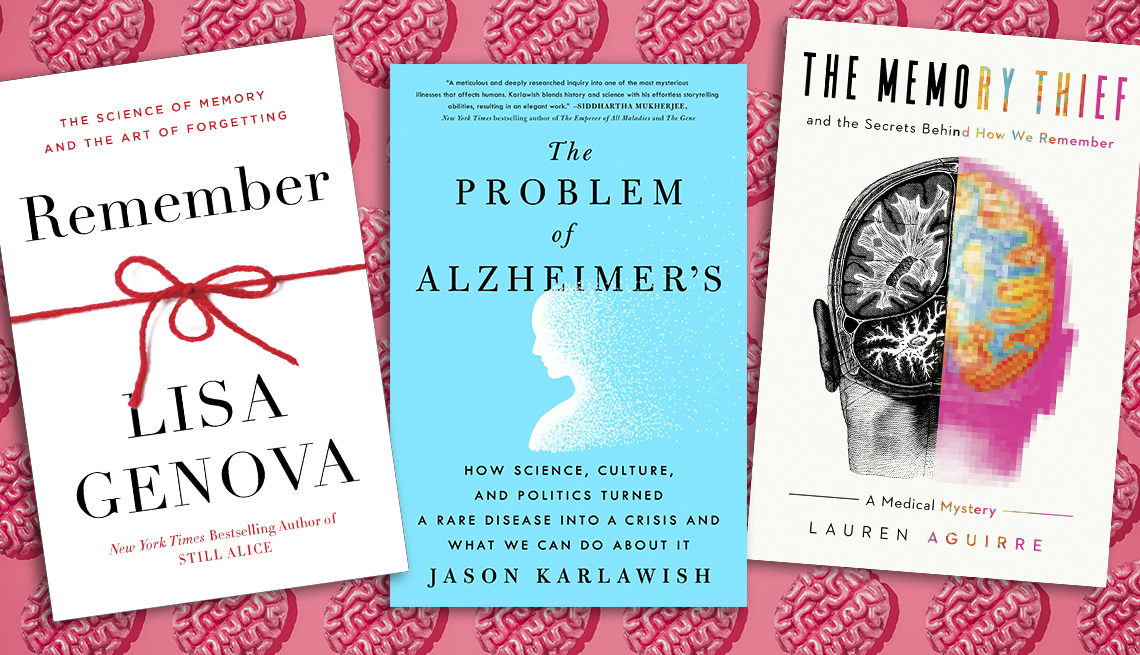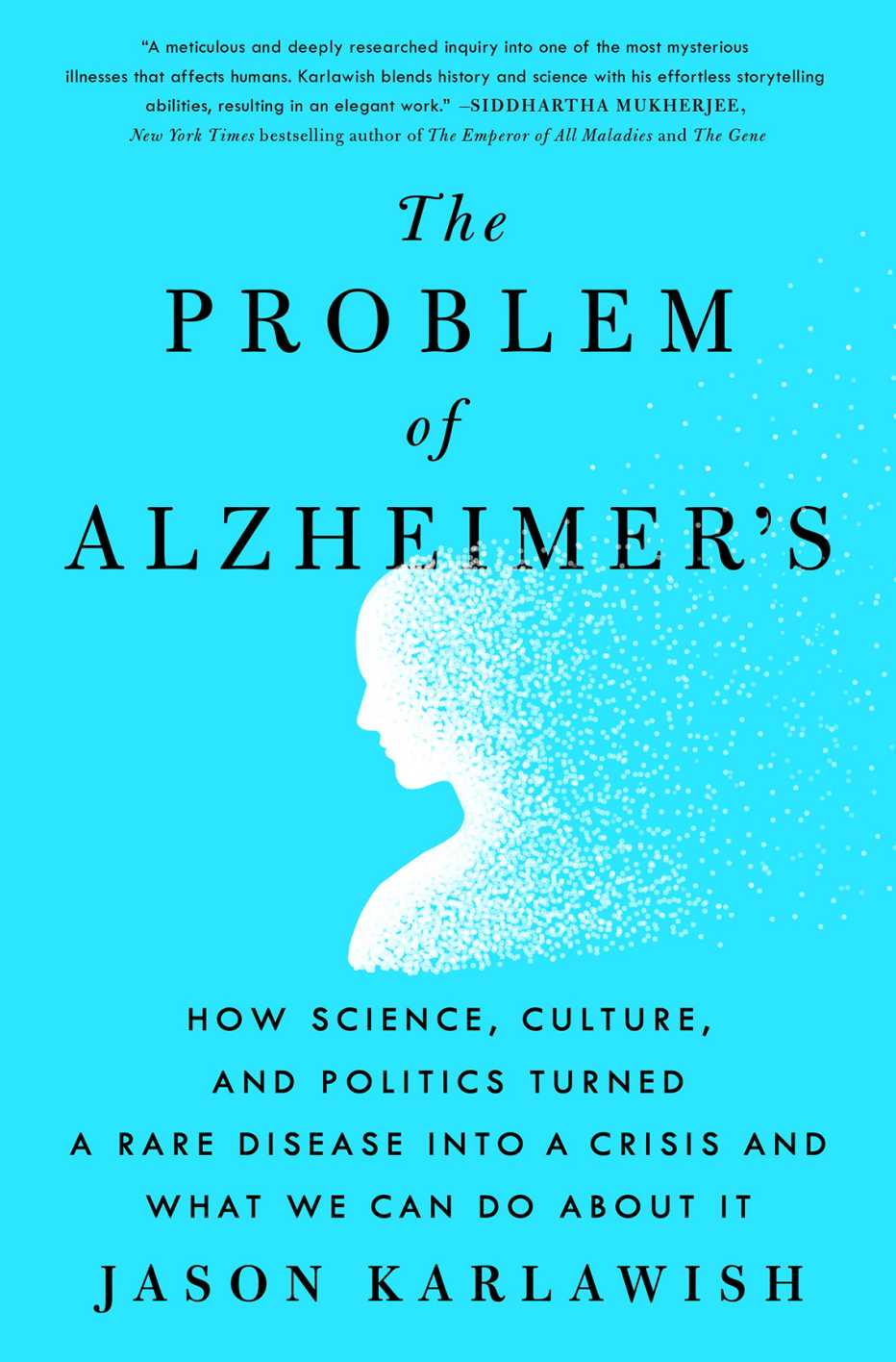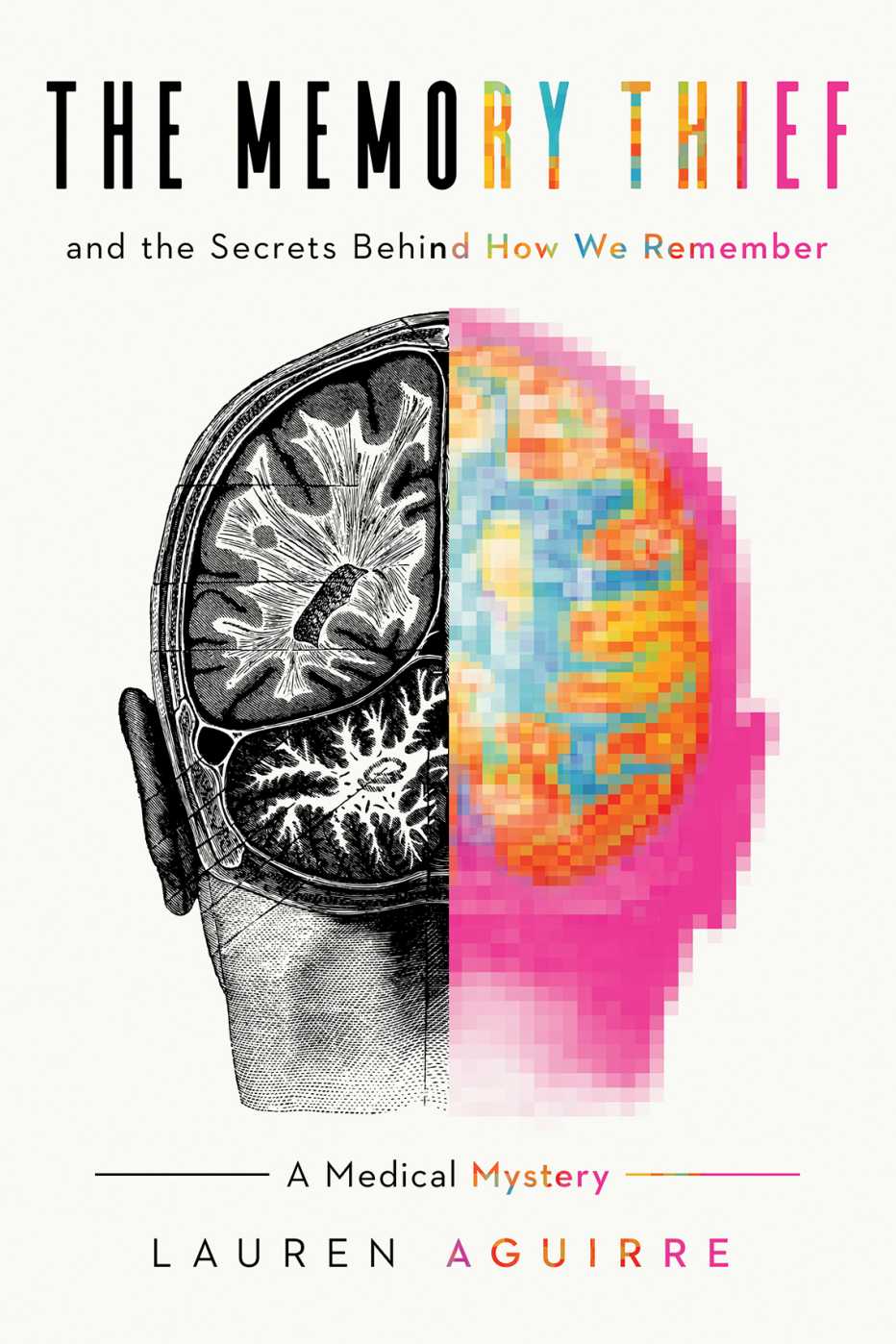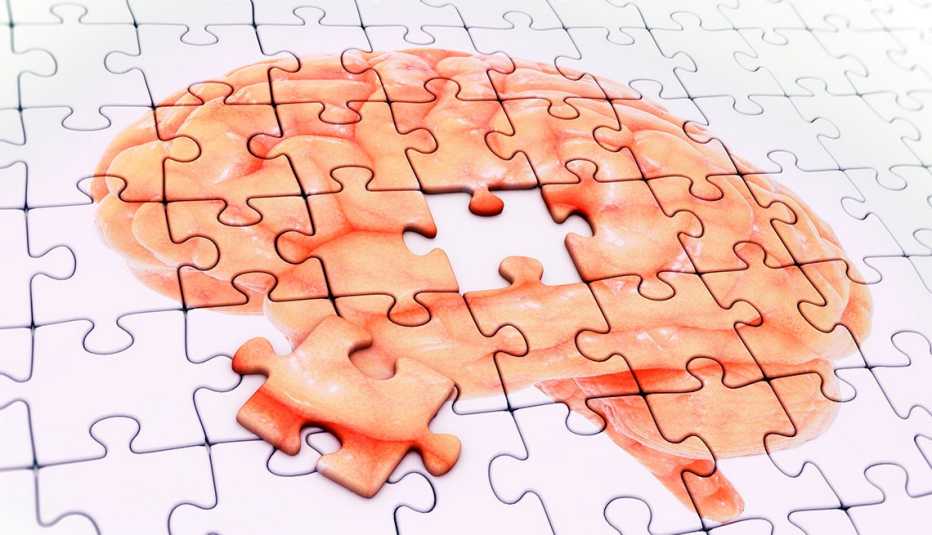AARP Hearing Center
Memory — how to maintain it, whether we're losing it — is a big concern as we age. These three books tackle the subject in very different ways. Lisa Genova explores the everyday memory loss that can be concerning, but maybe shouldn't be. The other two books dive into Alzheimer's and other reasons behind dementia, one explaining the science and politics, the other full of personal stories of people who've struggled with the disease, and things we can do to preserve our brain health and ability to remember.
Remember: The Science of Memory and the Art of Forgetting
By Lisa Genova

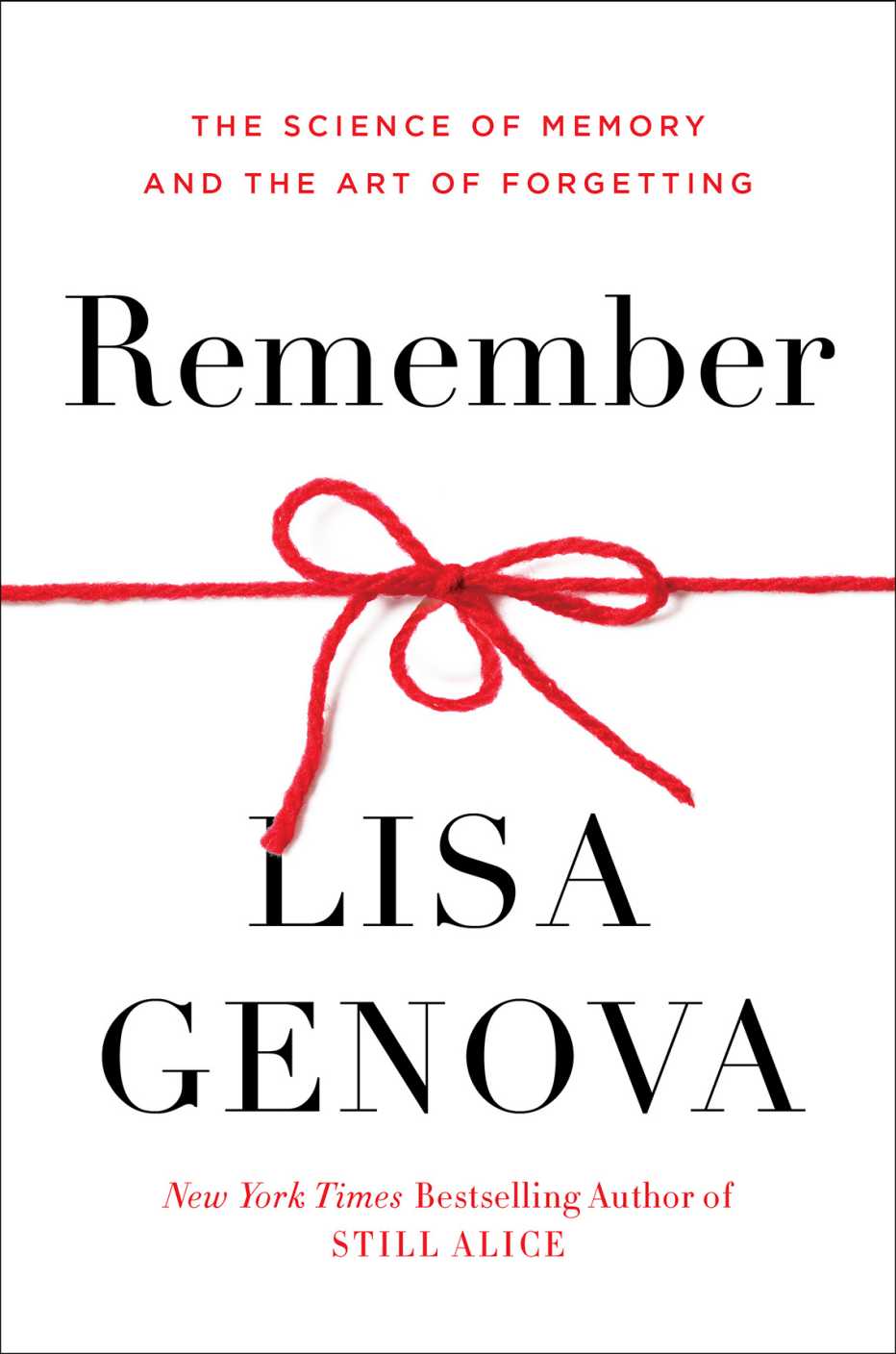
Worried that you cannot remember where your glasses are again? Fear not because this new best seller by neuroscientist and acclaimed novelist Genova — author of the 2007 novel Still Alice, about a woman with early-onset Alzheimer's — has comforting words about what memory is, why we forget and how to tell the difference between normal forgetting and issues of concern. (Forgetting where you put your glasses is normal. Forgetting that you wear them is not.) It's also power-packed with tips and tricks. To hone your memory: Get enough sleep. Work on lowering your stress levels. Remember that emotions can impact what you remember. Use mental imaging to help your recall, keep up the exercise and eat healthy (a Mediterranean diet is best). Knowledge is memory power, and being less afraid of what you don't remember and appreciating what you do is key.































































